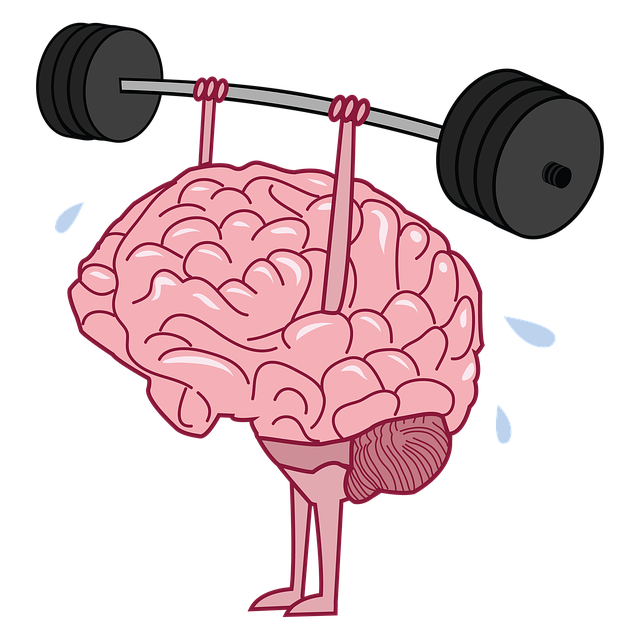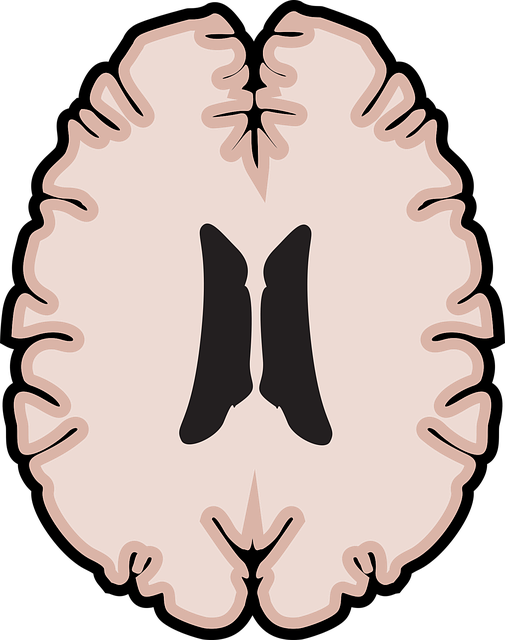Oppositional Defiance Disorder (ODD) is a childhood behavioral condition characterized by chronic anger and defiance, impacting daily life. Root causes include genetic factors, environmental influences, and emotional regulation difficulties. Effective therapy focuses on positive thinking, healthy coping mechanisms, and resilience-building exercises like RFM (Resilience, Flexibility, Mindfulness). Tailored strategies involve interactive activities, role-playing, mindfulness practices, art therapy, self-care routines, and cultural competency training. Implementing RFM in clinical settings enhances therapy outcomes by building resilience, adaptability, and personal empowerment. Measuring success through standardized assessments combines quantitative data with client/family feedback, ensuring aligned treatment and improved outcomes for ODD management.
“Oppositional Defiance Disorder (ODD) presents significant challenges, impacting children’s behavior and relationships. This article explores an innovative therapy approach: RFM (Reinforcement, Feedback, and Mastery), offering a comprehensive strategy to manage ODD. We delve into the mechanics of RFM in ODD treatment, its benefits, and practical implementation guidelines for clinical settings. Additionally, we discuss tailored resilience-building exercises and methods for measuring success. Discover how this approach revolutionizes therapy, providing actionable steps for professionals to assist young clients in overcoming ODD.”
- Understanding Oppositional Defiance Disorder (ODD) and its Impact
- The Role of RFM in ODD Treatment: A Comprehensive Approach
- Designing Effective Resilience-Building Exercises for Children with ODD
- Implementing RFM Strategies in Clinical Settings: Tips and Best Practices
- Measuring Success and Tracking Progress: Assessing the Efficacy of RFM Interventions
Understanding Oppositional Defiance Disorder (ODD) and its Impact

Oppositional Defiance Disorder (ODD) is a behavioral disorder characterized by a recurrent pattern of angry and defiant behavior, often directed at authority figures such as parents, teachers, or healthcare providers. This condition typically emerges during childhood and can significantly impact an individual’s daily functioning and overall well-being. Children with ODD may frequently lose their temper, argue with adults, refuse to comply with rules, and blame others for their mistakes or misbehavior.
Understanding the root causes of ODD is crucial in implementing effective therapy strategies. Factors contributing to its development include genetic predisposition, environmental influences, and difficulties in regulating emotions. By fostering positive thinking and encouraging healthy coping mechanisms, therapists can assist individuals in managing their symptoms. Moreover, burnout prevention strategies for healthcare providers are essential when treating patients with ODD, ensuring they have the support needed to navigate this challenging condition. Public awareness campaigns development can also play a vital role in educating communities about ODD, reducing stigma, and promoting early intervention.
The Role of RFM in ODD Treatment: A Comprehensive Approach

The implementation of RFM (Resilience, Flexibility, and Mindfulness) exercises has emerged as a powerful tool in treating Oppositional Defiance Disorder (ODD). This comprehensive approach goes beyond traditional therapy methods by focusing on building mental resilience and emotional intelligence in individuals struggling with ODD. By integrating mindfulness practices, these exercises help patients develop coping strategies to manage their emotions and behaviors more effectively.
In the context of Mental Health Policy Analysis and Advocacy, RFM interventions offer a holistic perspective on depression prevention. By fostering emotional awareness and flexibility, these techniques empower individuals to navigate challenging situations with greater ease. This proactive approach not only enhances overall mental well-being but also reduces the risk factors associated with ODD, contributing to improved quality of life and potentially reducing the need for intensive interventions in the future.
Designing Effective Resilience-Building Exercises for Children with ODD

Children with Oppositional Defiance Disorder (ODD) present unique challenges when it comes to therapy and behavior modification. Designing effective resilience-building exercises for this demographic requires a nuanced approach that caters to their often intense emotions and impulsive nature. The goal is to teach them healthy coping mechanisms while fostering a sense of control over their actions.
Resilience building is crucial in ODD therapy, as it equips children with the tools to navigate difficult situations. Exercises should be interactive and engaging, incorporating activities that promote emotional awareness and regulation. Healthcare providers can utilize role-playing scenarios, mindfulness practices, and creative outlets like art or music therapy to enhance these skills. Additionally, integrating cultural competency training into the sessions allows for a more personalized approach, respecting the child’s background and experiences. Encouraging self-care routine development is another vital aspect, teaching children strategies to manage stress and maintain mental well-being in their daily lives.
Implementing RFM Strategies in Clinical Settings: Tips and Best Practices

Implementing RFM (Resilience, Flexibility, and Mastery) strategies in clinical settings is a powerful approach to enhancing therapy outcomes, particularly for individuals with Oppositional Defiance Disorder (ODD). These strategies focus on building resilience by fostering a sense of control, adaptability, and personal empowerment. In the context of ODD therapy, RFM techniques can be tailored to help patients navigate their emotions, improve impulsivity, and develop healthier coping mechanisms.
When integrating RFM into clinical practice, mental health professionals should prioritize a structured yet flexible approach. Start by assessing each patient’s unique needs and tailoring interventions accordingly. Incorporate stress management techniques, such as mindfulness exercises and cognitive reframing, to help individuals regulate their emotions during therapy sessions. Regularly review and update risk management planning, ensuring that professionals are equipped to handle potential challenges while fostering a safe therapeutic environment. Additionally, encouraging open communication and providing consistent support can significantly contribute to preventing burnout among mental health professionals.
Measuring Success and Tracking Progress: Assessing the Efficacy of RFM Interventions

Measuring success and tracking progress are essential aspects of implementing Resilient Factors Model (RFM) interventions for Oppositional Defiance Disorder (ODD). Assessing the efficacy of RFM therapy requires a multifaceted approach that goes beyond mere behavioral observation. Healthcare providers should employ standardized assessment tools to gauge changes in symptoms, emotional regulation, and problem-solving skills over time. These tools can help identify specific areas of improvement or lingering challenges, allowing for adjustments in the treatment plan as needed.
Additionally, qualitative feedback from both clients and their families can provide valuable insights into the impact of RFM interventions on daily life functioning and overall well-being. By combining quantitative data with subjective reports, healthcare providers gain a comprehensive understanding of the progress being made. This ensures that the therapy aligns with the unique needs of each individual, fostering better outcomes in stress management and confidence boosting. Moreover, regular monitoring enables practitioners to demonstrate the effectiveness of RFM to stakeholders, including insurance companies, thereby promoting access to this evidence-based treatment for ODD.
The implementation of RFM (Reinforcement, Failure Analysis, and Mastery) strategies offers a promising approach to therapy for Oppositional Defiance Disorder (ODD). By combining behavioral interventions with resilience-building exercises, professionals can effectively support children in managing their symptoms and improving overall well-being. As highlighted throughout this article, a comprehensive understanding of ODD and its underlying causes is essential for tailoring RFM techniques to individual needs. With the right tools and clinical best practices, therapists can empower children to develop coping mechanisms, enhance self-regulation, and foster a more positive outlook—ultimately revolutionizing their lives and breaking the cycle of ODD.














